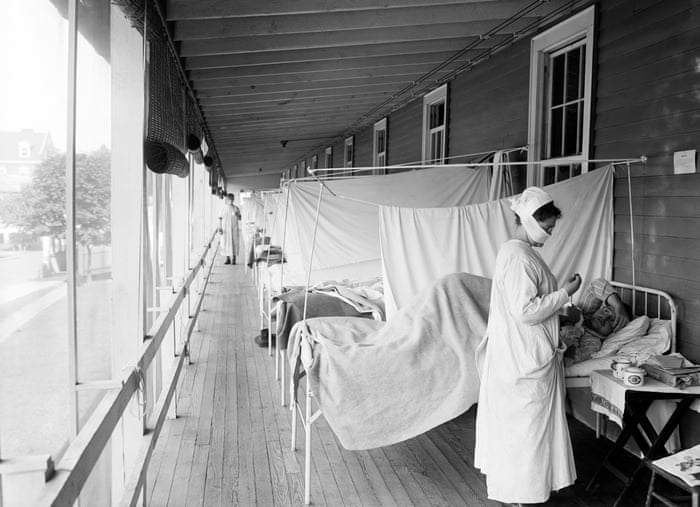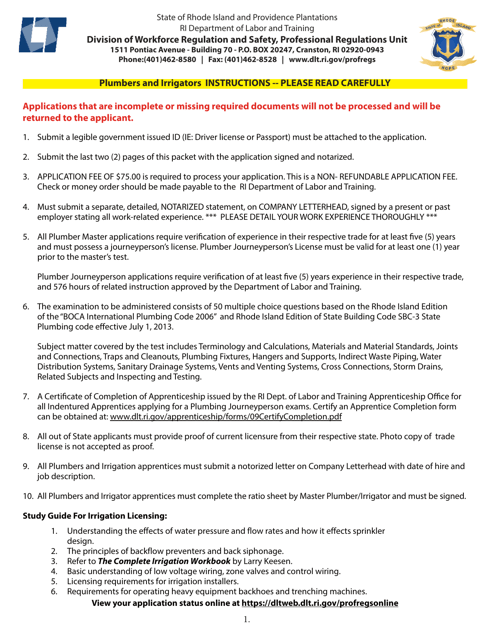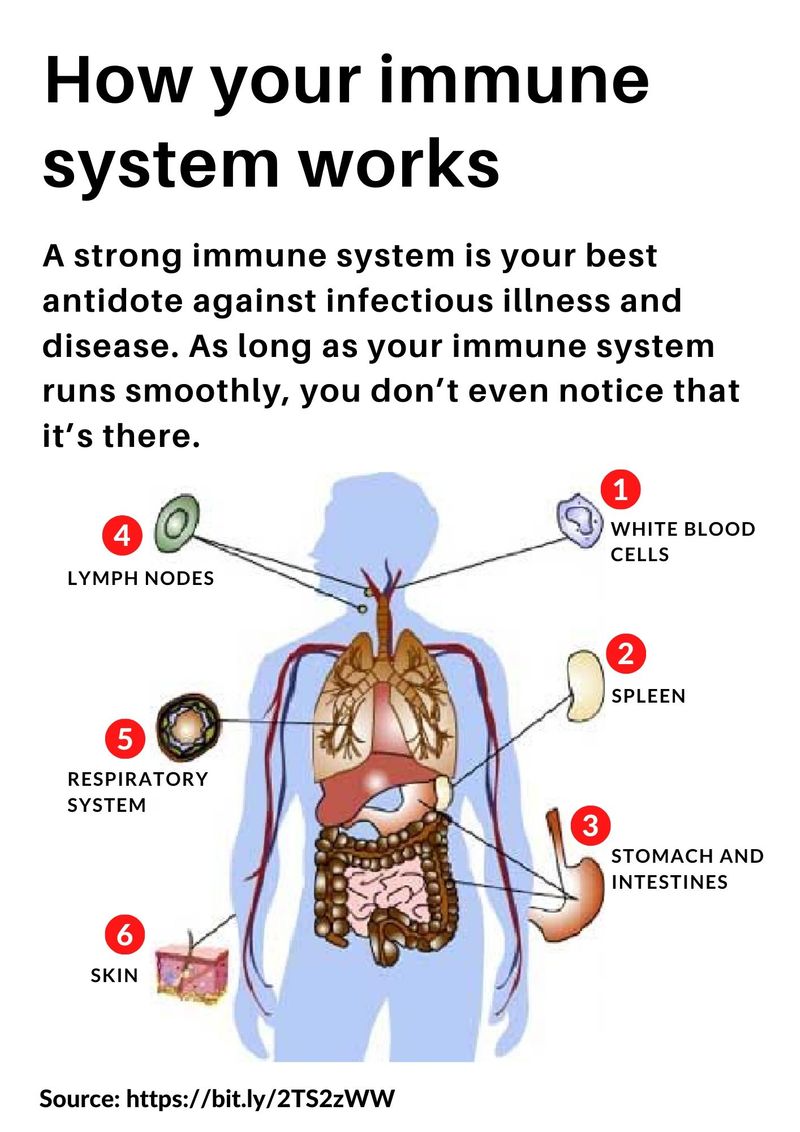Influenzae only one type is a major pathogen. On January 25 Sydneys newspapers reported that a returned soldier from Melbourne was in hospital at Randwick with suspected pneumonic influenza.
 How Did The 1918 Flu Pandemic End Lessons For Covid 19 Time
How Did The 1918 Flu Pandemic End Lessons For Covid 19 Time
The Spanish flu hit the world in the days before antibiotics were invented.

What stopped the spanish flu. The 1918 flu also known as the Spanish Flu. Scientists and historians are studying the 1918 outbreak for clues to the most effective way to stop a global pandemic. Reported cases of Spanish flu dropped off over the summer of 1918 and there was hope at the beginning of August that the virus had run its course.
Case was identified in March 1918 at a. The Spanish Flu did not officially cause the end of World War I. A soldier in Fort Riley Kans reports to the infirmary with what will become known as Spanish flu.
In the case of the 1918 pandemic the world at first believed that the spread had been stopped by the spring of 1919 but it spiked again in early 1920. The Spanish Flu -- something that started as just regular flu in the US -- spread to the whole of Europe and eventually the world causing catastrophic damage to the lives of millions from 1918 to 1920 The Spanish flu also started as a minor cold but in no time it completely took over and put immense loads on the medical systems in nations In Spain the pandemic came right at the time of harvests and. The end of that war came from Germany signing an armistice which caused the fighting to stop after suffering great losses on the.
From mid-October to mid-November 1918 the weekly death toll of the Spanish Flu in Philadelphia went from about 4600 to about nothing. He told us The bacterial vaccines developed for Spanish influenza were probably ineffective because at the time it was not known that pneumococcal bacteria come in many many serotypes and that of the bacterial group they called B. Likely resulted directly from secondary bacterial pneumonia caused by common upper respiratorytract bacteria 21.
It was suggested that microbe-laden dust was being spread by the high winds in Spain meaning that Britains wet climate might stop the flu from spreading there. The most mind-boggling part is that nobody knows how it faded so quickly. The Americans had joined in the fight.
A devastating second wave of the Spanish Flu hit American shores in the summer of 1918 as returning soldiers infected with the disease spread it to the general populationespecially in densely. This series of unfortunate events left a permanent mark tying the country to the. By the time the first presumed US.
Then the king of Spain Alfonso XIII and several other members of his government contracted the flu. The Spanish flu hit during a pivotal stage of World War I Nichols explained. History Can Show Us How.
And many deaths perhaps most were not caused by the influenza virus itself but by secondary bacterial infections. Morens et al 2008 found that during the Spanish flu the majority of deaths. The Grim Reaper by Louis Raemaekers In the fall of 1918 the Great War in Europe was winding down and peace was on the horizon.
From fresh-air treatments to gargling saltwater here are some of the precautions that public health and city officials took when the Spanish Flu ravaged the. No country was untouched by the 1918 pandemic although the scale of its impact and of government efforts to protect their populations varied widely. There are many theories one of which is most likely right yes but they are all still very much disputed.
In the United States some states imposed. The efforts implemented. Coronavirus Can Be Stopped.
The Spanish flu pandemic was triggered by a virus that is now a household name. Plotkin MD thinks they were not. In retrospect it was only the calm before the.
Known as Spanish Flu or La Grippe the influenza of 1918-1919 was a global disaster.



